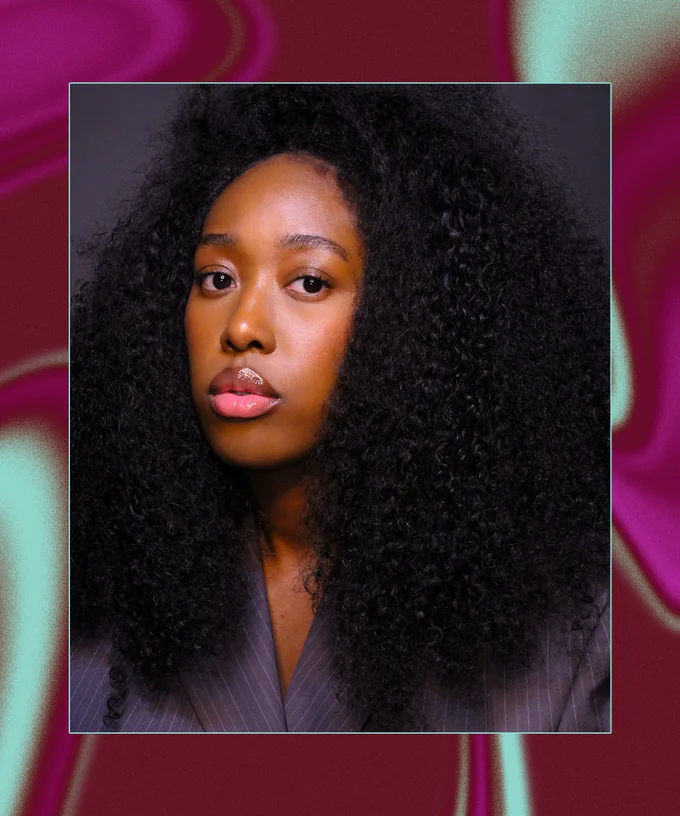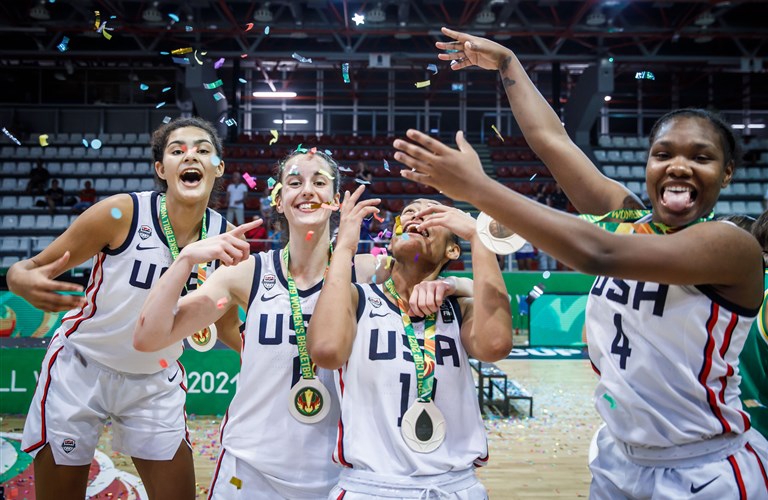How Becoming a “Corporate Catfish” Revealed the Harsh Truth About Job Bias.

Seven months ago, Aliyah Jones, a 26-year-old creative from Washington, DC, released a LinkedIn documentary titled Corporate Catfish that sparked widespread discussion on the platform. In the film, Jones, an African American woman, detailed how she created a fictitious LinkedIn profile of a white woman and, over the course of eight months, the fabricated account received more recruiter engagement than her real profile. “I grew increasingly frustrated with being overlooked despite thorough preparation, punctuality, and reaching final interview stages,” Jones shared, “What initially felt like coincidence began to reveal itself as a clear pattern of bias.”
In Corporate Catfish, Jones recalled being told she “wasn’t corporate enough.” She explained: “Someone on LinkedIn once sent me a voice memo policing my tone, saying I needed to ‘sound more corporate’ if I wanted to be taken seriously. But what does that really mean? To me, it suggested sounding less Black, less authentic, and more robotic. I was simply showing up as myself, and that made some people uncomfortable. Being corporate should be about competence, communication, and respect—not erasing your culture, personality, or humanity. Corporate culture still clings to an outdated blueprint that values assimilation over authenticity, and it’s time for change.”
Jones noted that while the response to her documentary has been “mostly positive,” she continues to face daily harassment through emails and LinkedIn messages. “What keeps me going,” she said, “is knowing this isn’t just my story—many others have felt unseen, unheard, and undervalued in corporate spaces.”
Unfortunately, racial discrimination against Black professionals in the workplace is not new—and in the current climate of weakened DEI policies, the issue appears to be worsening. Jones observed that AI-driven hiring tools may be compounding these barriers. She noted that résumé scanners on platforms such as Indeed and ZipRecruiter often pushed her applications aside, likely because the algorithms were trained on narrow sets of keywords and experiences that failed to reflect the diverse ways Black candidates describe their skills.
She also described how recruiters ghosted her after automated video-screening tools flagged her tone or facial expressions as “too informal,” with some systems even scoring candidates on their smiles or eye contact. On other platforms, including niche job boards and Slack communities, she was labeled an “outlier” before any human interaction took place. “The system isn’t designed for all of us yet,” Jones explained. “And the bias is often more subtle than just ‘name bias.’”


